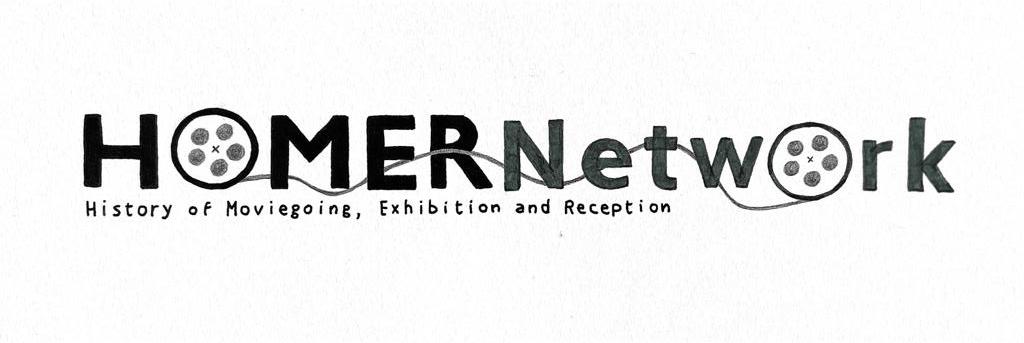It is with great sadness that we have learned of the death of Karel Dibbets, which occurred in the last days of May. Our thoughts are with his friends and family, and we will remember Karel as a kind and generous colleague who leaves a lasting legacy in our field.
Tributes have already been published and will no doubt continue to appear, as Karel’s work and life connected him to so many others through his teaching, writing, editing, organising, and his cheerful, bright presence at conferences and social events. We invite you to post your remembrances and tributes to Karel in the comments below, to be collected for future events in his memory.
Karel was one of the founding members of the HoMER Project in 2004, and orchestrated its first conference, ‘Cinema in Context’, in 2006 (The keynotes were published in a special edition of Tijdschrift voor Mediageschiedenis). Its title makes reference to the Cinema Context database, which stands as Karel’s most influential project – and indeed a trailblazing one that opened up new ways of researching cinema history. Collecting and systematizing data of film exhibition and distribution in the Netherlands between 1895 and 1940, Cinema Context was one of a handful of digital projects that gave concrete form to the empirically-grounded project of New Cinema History as an emerging field. Karel’s reflections on method and practice (such as his 2010 article on “Cinema Context and the genes of film history”) are key interventions in the effort to construct an interdisciplinary field of study, and have helped many others to structure and develop new projects in many parts of the world.
A very important aspect of Cinema Context, which in a way reflects Karel’s sociability, was its openness. Not only can you view, browse, and search the data – you can download the whole database and useful scripts to run analyses on it, or to collect your own data in a compatible format. This ideal of interconnectivity through shared standards continues to motivate current work within the HoMER Network, and Karel’s absence will be felt on a practical level as well. Fortunately, the University of Amsterdam continues to maintain the database, with Julia Noordegraaf as its curator, thus ensuring that the project continues to develop and  transform.
transform.
After graduating from the Netherlands Film Academy, he studied economic and social history at the University of Amsterdam where he also wrote his PhD on the coming of sound in the Netherlands. In his nearly 30 years teaching cinema history at the University of Amsterdam (1983-2011) he inspired many students. Karel had also co-edited the Skrien monthly film review and the Jaarboek Mediageschiedenis / Media History Yearbook. His book Film and the First World War, with Bert Hogenkamp, is an essential part of any early cinema bibliography. His books on the coming of sound in the Netherlands and cinema history until 1940 are standard works for Dutch films students. His books and multiple articles on the transition to sound, film distribution and exhibition in the Netherlands, and the relations between film and theatre demonstrated his clarity of analysis and ability to weave together detail and pattern.
Lately Karel had been working on ‘the evergreens of cinema history’, the films that kept coming back to Dutch screens over the decades. Karel’s laughter and conviviality will never be restored to us – but may our memories of our dear friend, and the influence of his work, remain thus ‘evergreen’.
Tributes from friends
- By Julia Noordegraaf (in Dutch)
- By Ivo Blom
- By Luke McKernan
- By Kathleen Lotze (IAMHIST)
In the media:
- EYE Filmmuseum
- De Filmkrant
Please use the Comments below to post your memories and tributes to Karel, or links to notes published elsewhere.

